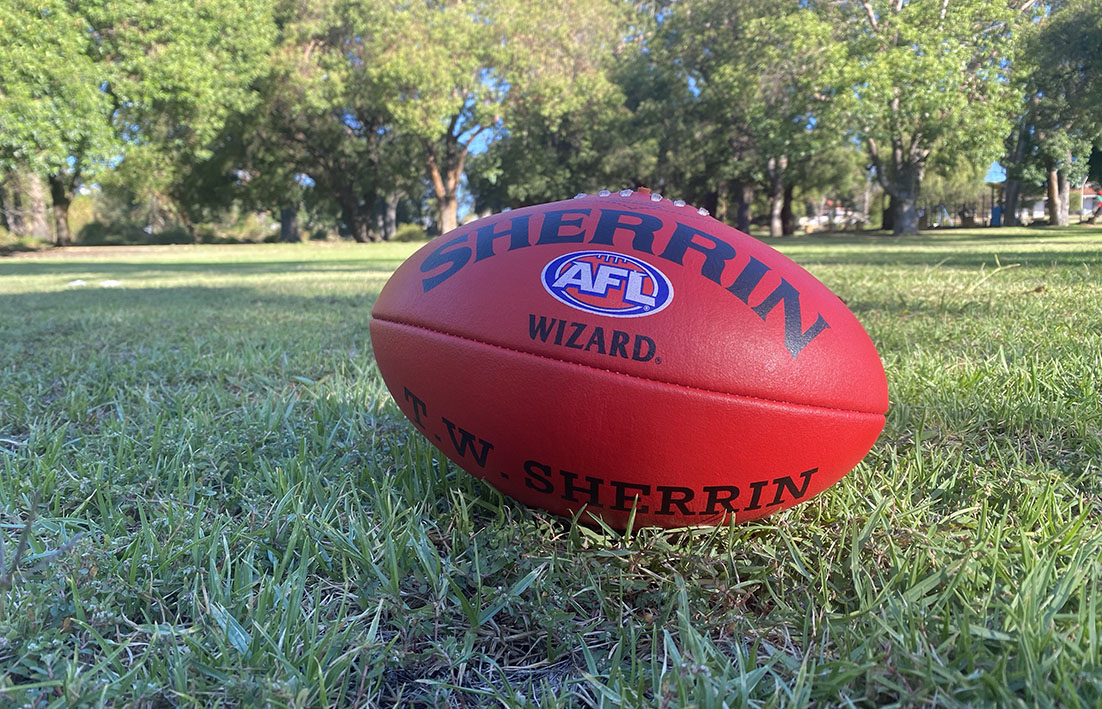
ATHLETES who suffer a concussion are now recommended to spend 21 days away from sport under new concussion guidelines released by the Australian Institute of Sport (AIS).
Released at the start of February, the AIS ‘Australian concussion guidelines for youth and community sport’ stress the importance of giving concussed athletes time to recover.
The guidelines state that returning to work or school should take priority over a return to sport, and that contact sport should only be resumed after a minimum period of 21 days.
An athlete should only return to training after 14 days of being symptom free of concussion, according to the guidelines.
“That is not 14 days from the time of concussion.
"It is 14 days from when the athlete becomes symptom-free,” the guidelines state.
Subtle signs and symptoms of a concussion include nausea, confusion or disorientation, fatigue, memory impairment, light and noise sensitivity, headaches or a feeling of pressure in the head, difficulties in concentrating, paleness, dazed or blank stares and even behaviour or emotional changes.
Severe signs of a concussion include repeated vomiting, loss of consciousness, seizures or convulsions, a deteriorating conscious state, loss of vision, neck pain, visible deformities to the skull and a severe or increasing headache.
If severe signs are present the guidelines state the concussed athlete should be taken to the emergency department immediately.
For suspected concussions, an immediate removal from sport is recommended with no return to play for that day and that the concussed athlete be referred to a healthcare practitioner as soon as possible.
Curtin University health science research fellow Dr Sarah Hellewell said a common myth around concussion is that you have to be knocked out to get a one.
“The symptoms can be really varied and look different for everyone, so someone who doesn’t have the typical symptoms of dizziness, confusion or vomiting may also be concussed,” she said.
“You don’t necessarily have to hit your head – a strike to the body like a hard tackle may be enough to cause damage to the brain… this is a brain injury that needs to be treated carefully like we would any other bodily injury.”
AIS chief medical officer Dr David Hughes said all instances of concussion should be treated with caution – especially for those aged under 19 who still have developing brains.
“The AIS wants everyone involved in sport to remember, when considering an athlete with possible concussion, ‘if in doubt, sit them out’,” he said.